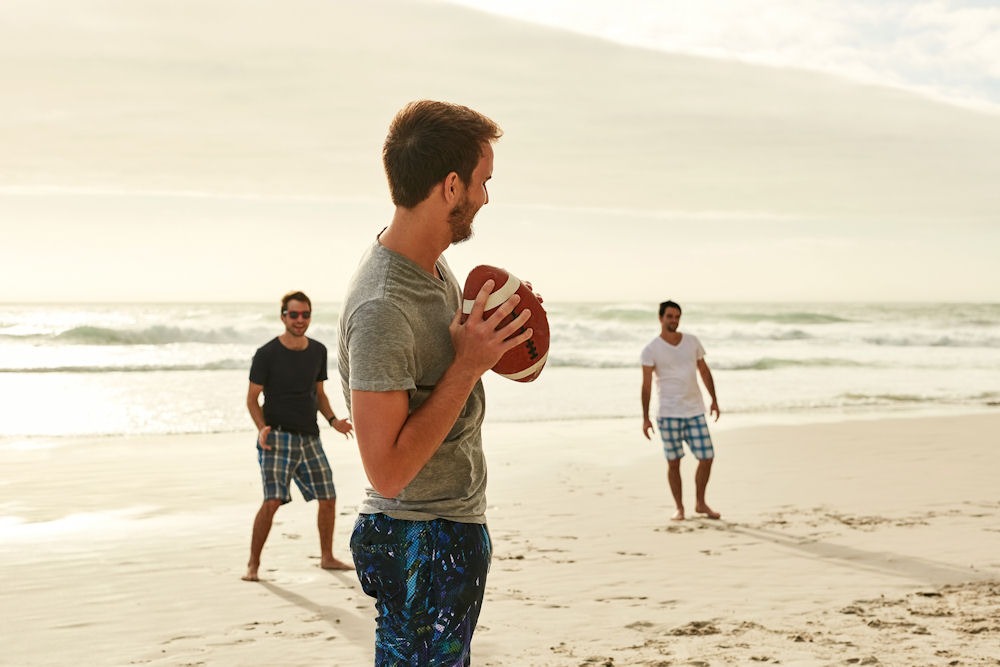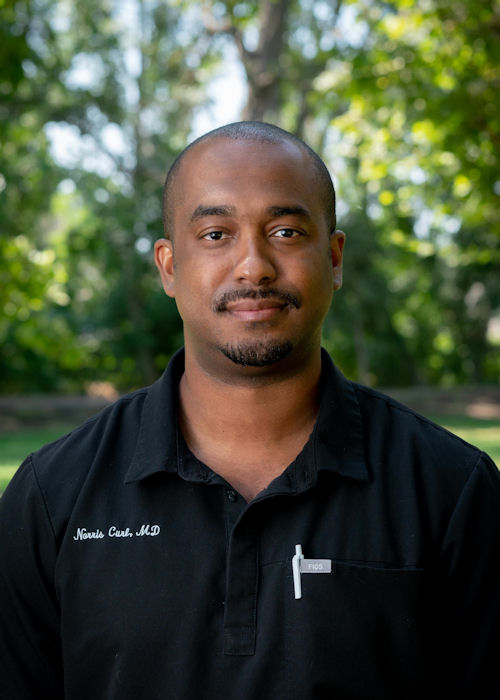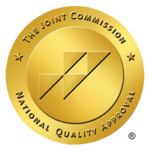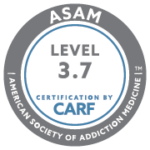Throwing a fun sober event might sound challenging. But as a host, it’s actually an exciting opportunity to create memorable experiences without the influence of alcohol or substances. Whether you’re hosting a small gathering or planning a big celebration, there are plenty of ways to make sure everyone has a great time while staying on the path to recovery.
Throwing a Small Sober Event
You don’t need a massive guest list or an elaborate plan to have a good time. Here are a few ideas for smaller, intimate sober gatherings and events that can be both enjoyable and supportive:
- Group Activities: Consider organizing a class or workshop where you and your friends can learn something new. Whether it’s a cooking class, pottery, or even a yoga session, these activities keep the focus on the experience and the company.
- Outings: Plan a day trip to a museum, hiking trail, or park. The fresh air and change of scenery are great for the mind and body.
- Wellness Walks: Organize a group walk in a local park to promote physical health and social connections.
- Sports Teams: Joining or creating a sports team is another excellent way to stay active and social. Most sports leagues require participants to stay sober, so it’s a win-win.
Throwing a Big Sober Event
Hosting a big sober event? Here’s how to make sure it’s a blast:
- Activities, Activities, Activities: Keep everyone engaged with games, entertainment, and interactive experiences. Whether it’s a trivia night, karaoke, a dance-off, or live music, fun activities will keep the energy high.
- Large Variety of Sober Beverages: Offer a range of non-alcoholic drinks and other sober activities to keep things interesting. From mocktails to specialty sodas, having a variety ensures that everyone has something they enjoy.
- Set the Vibe: Just because it’s a sober event doesn’t mean it can’t have an awesome atmosphere. Music, lighting, and decorations can transform your space and create a lively, welcoming environment.
How to Celebrate Holidays Sober
Holidays can be a tricky time in recovery, but with the right mindset and preparation, you can navigate them successfully.
- Plan Ahead: If you’re attending a holiday event, have a game plan for how you’ll handle any potential triggers. Consider bringing your own non-alcoholic drink options to ensure you have something you enjoy.
- It’s Okay Not to Celebrate: If you’re not feeling up to it, that’s perfectly fine too. It’s better to prioritize your sobriety and well-being.
- Create New Traditions: Focus on what the holiday means to you personally and start new, sober traditions that reflect your values and goals.

Why Are Sober Events Important in Recovery?
Sober events play a crucial role in maintaining recovery. They offer a safe space to socialize, have fun, and build connections without the risk of relapse. Relapse can sometimes sneak up in unexpected ways, and social events that involve alcohol or other substances can be a significant trigger. By creating and attending sober events, you minimize those risks and reinforce your commitment to sobriety.
Additionally, sober gatherings can significantly contribute to better mental health by reducing stress and providing a supportive environment.
One powerful concept in recovery is the idea of HALT triggers. HALT stands for Hungry, Angry, Lonely, and Tired—emotional states that can make you more vulnerable to relapse. Sober events can help combat loneliness and boredom, providing a supportive environment where you can connect with others, enjoy shared activities, and have a great time. Whether it’s a small get-together or a big celebration, getting out and being social is a fantastic way to address these triggers head-on.
Remembering General Principles for Preventing Relapse
When planning or attending sober events, it’s essential to be proactive in safeguarding your recovery. By keeping these key principles in mind, you can enjoy the event while minimizing the risk of relapse:
Know your triggers.
Understanding what might tempt you is crucial in recovery. Triggers can vary from person to person—whether it’s a particular setting, a certain type of social interaction, or even specific people. Take some time before the event to identify potential triggers and develop a plan to manage them.
Remember that even sober gatherings and events can present triggers. For example, if social anxiety is a trigger, have a strategy to step away and take a breather if you start feeling overwhelmed.
Bring a supportive friend.
Attending a sober gathering or event with someone who understands your journey can make a significant difference. A supportive friend or family member can offer encouragement, help you navigate tricky situations, and provide a sense of security. They can also serve as a reminder of why you’re committed to your sobriety.
Having that trusted person by your side ensures that you’re not alone in facing any challenges that may arise, and they can help you stay grounded if things get tough.
Stay connected.
Maintaining contact with your support network before, during, and after the event is another vital strategy. Reach out to your sponsor, a counselor, or sober friends to let them know about the event and any concerns you may have. Check in with them throughout the day to share how you’re feeling, and make plans to debrief afterward.
Staying connected helps reinforce your commitment to sobriety and ensures you have people to lean on if you start feeling vulnerable. Remember, recovery is a journey best traveled with others, and staying connected keeps you anchored to the positive influences in your life.
With support and guidance, you can continue down the road to recovery and feel ready to face any event, social gathering, or holiday party that comes your way. You can host sober gatherings that align with your recovery goals while providing lots of fun for your family members, friends, and associates.
Heal From Addiction and Achieve Sobriety at First Steps Recovery
At First Steps Recovery, we understand the challenges of maintaining sobriety, especially in social situations. We encourage you to join our community events and support groups. Our programs are designed to provide you with the tools, support, and community members you need to live a fulfilling, sober life.
Whether you’re looking for guidance on staying sober during events or need comprehensive care, we’re here to help you every step of the way. Let’s make recovery fun and fulfilling, one sober event at a time! Reach out to us today to begin your journey to a healthy, happy, alcohol-free lifestyle.
Dr. Curl is the Medical Director and primary on-site provider for First Steps Recovery. He is a Board Certified Internist and Addiction Medicine Specialist having attended the David Geffen School of Medicine at UCLA and completing his residency at Mount Auburn Hospital with Harvard Medical School. Following several years work as an internist and physiatrist (physical medicine and rehabilitation). Dr. Curl completed the Addiction Medicine Fellowship at Howard University in Washington DC and participated as a RAM Scholar (Research in Addiction Medicine). While part of the fellowship, Dr. Curl pursued research investigating the barriers to expanding and improving medication for opioid use disorder. Following his fellowship, Dr. Curl spearheaded the Opiate Use Disorder outpatient clinic and worked in the Department of Psychiatry and Behavioral Sciences within the Howard University Hospital. In 2023, Dr. Curl completed his Board Certification in Addiction Medicine.









